
O P D Tablet
Manufacturer
Medicraft Group
Salt Composition
Diclofenac (50mg) + Paracetamol (325mg)
Key Information
Short Description
O P D Tablet is a pain-relieving medicine used to reduce pain and inflammation in conditions like rheumatoid arthritis, ankylosing spondylitis, and osteoarthritis.
Dosage Form
Tablet
Introduction
O P D Tablet should be taken with food to prevent upset stomach. Take it regularly as advised by your doctor. Do not take more or use it for a longer duration than recommended. Some common side effects include nausea, vomiting, stomach pain, loss of appetite, heartburn, and diarrhea.
Directions for Use
Take this medicine in the dose and duration as advised by your doctor. Swallow it as a whole. Do not chew, crush or break it. O P D Tablet is to be taken with food.
Safety Information
Side Effects
Nausea Vomiting Stomach pain Loss of appetite Heartburn Diarrhea
Alcohol Warning
It is unsafe to consume alcohol with O P D Tablet.
Breastfeeding Warning
O P D Tablet is probably safe to use during breastfeeding.
Pregnancy Warning
O P D Tablet is unsafe to use during pregnancy as there is definite evidence of risk to the developing baby. However, the doctor may rarely prescribe it in some life-threatening situations if the benefits are more than the potential risks.
Interacting Medicines
Medicines containing acetaminophen
How it works
O P D Tablet is a combination of two medicines: Diclofenac and Paracetamol. These medicines work by blocking the action of chemical messengers responsible for pain, fever and inflammation (redness and swelling).
Quick Tips
Take it with food to avoid getting an upset stomach. Do not drive or do anything that requires mental focus until you know how it affects you. Avoid consuming alcohol when taking O P D Tablet as it may cause excessive drowsiness and increase the risk of liver damage. Do not take it with any other medicine containing acetaminophen (drugs for pain/fever or cough-and-cold) without asking your doctor first.
Related Medicines
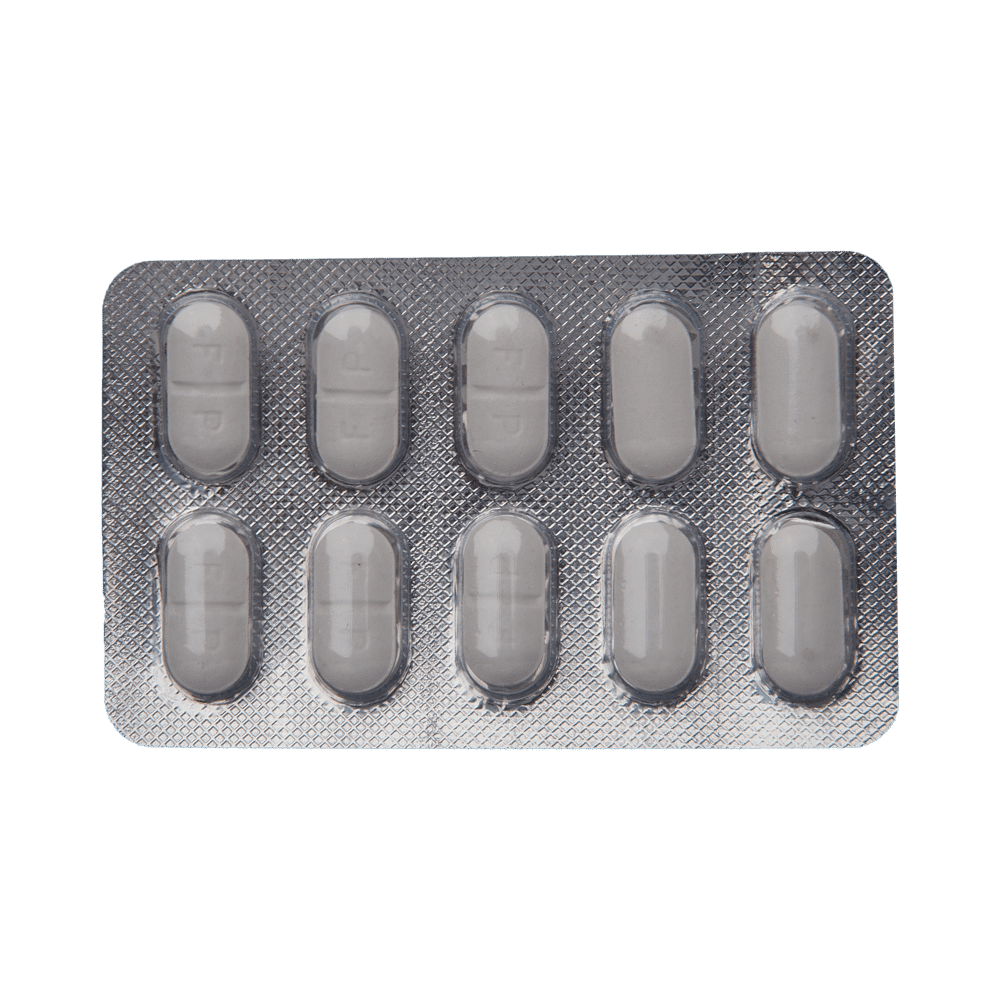
Fenak Plus Tablet

Diclogem Tablet
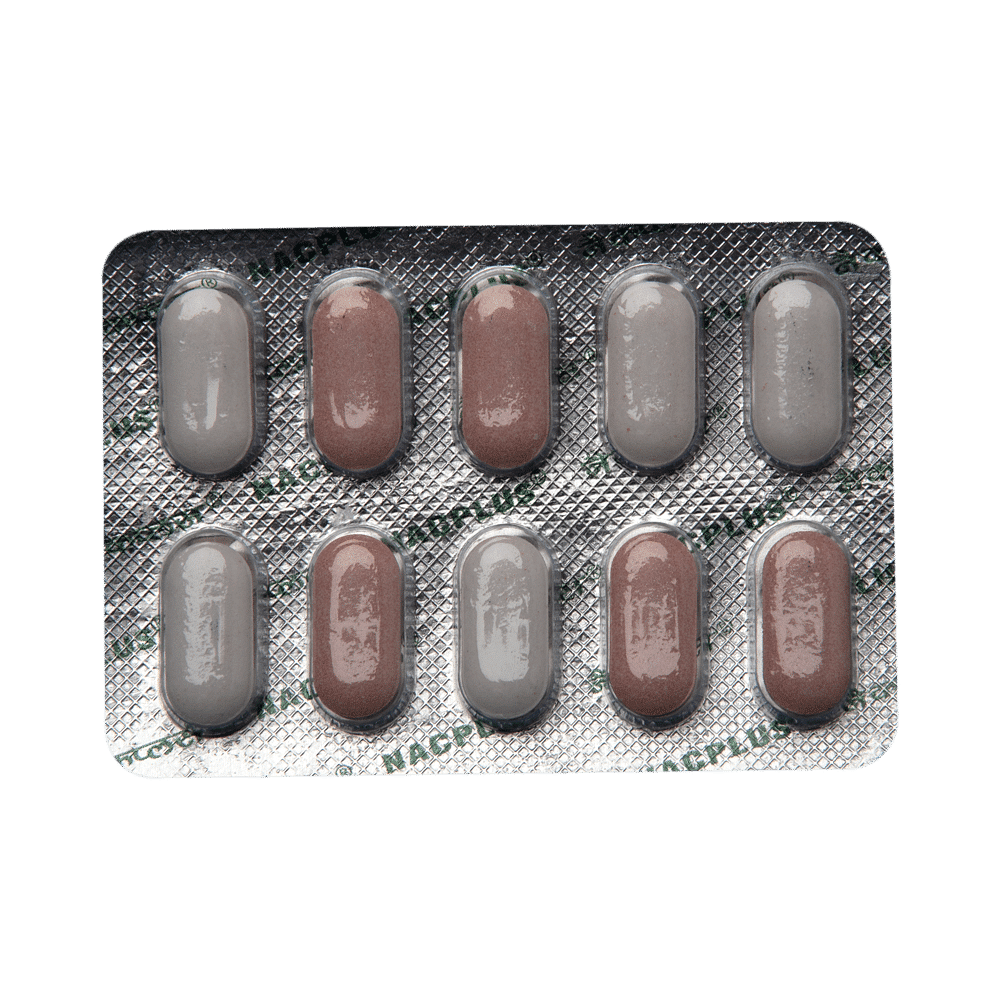
Nac Plus Tablet

Reactin Plus Tablet

Lifogesic Tablet

Dp Gesic 50mg/325mg Tablet

Dynapar Tablet
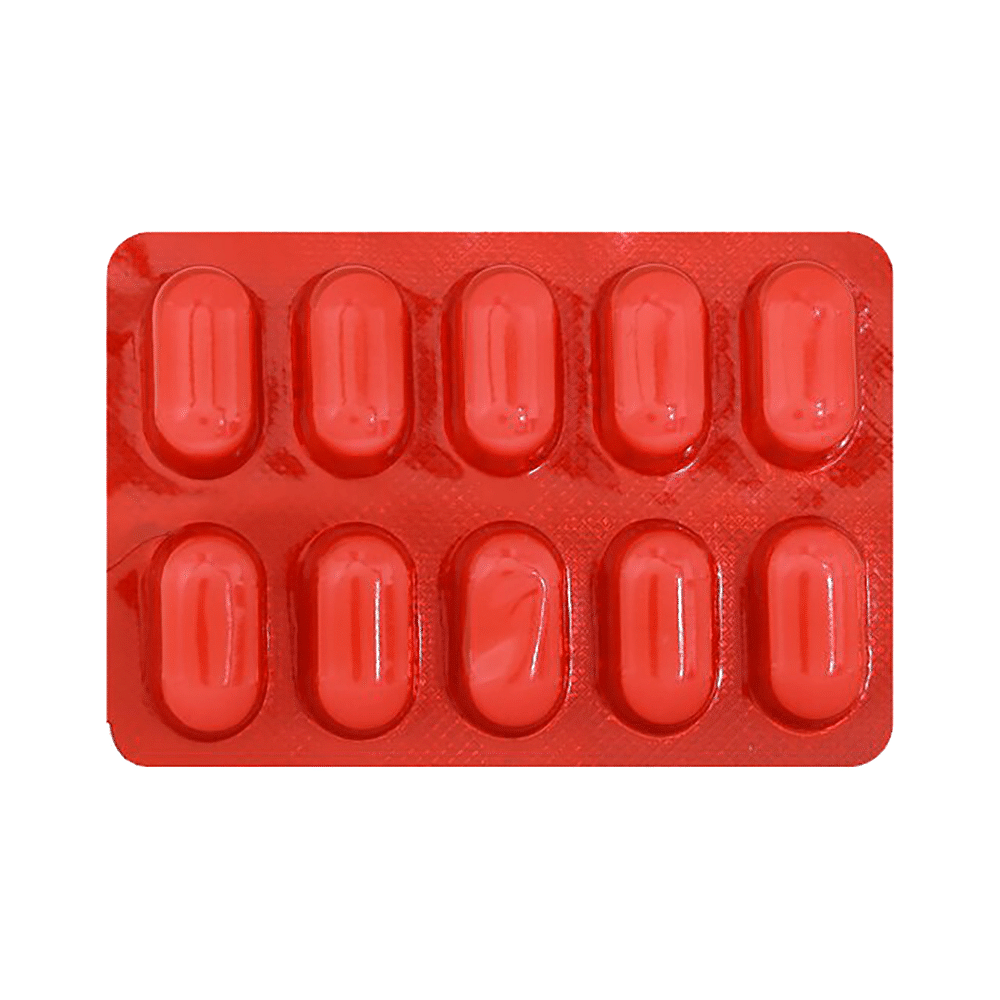
Magadol Tablet
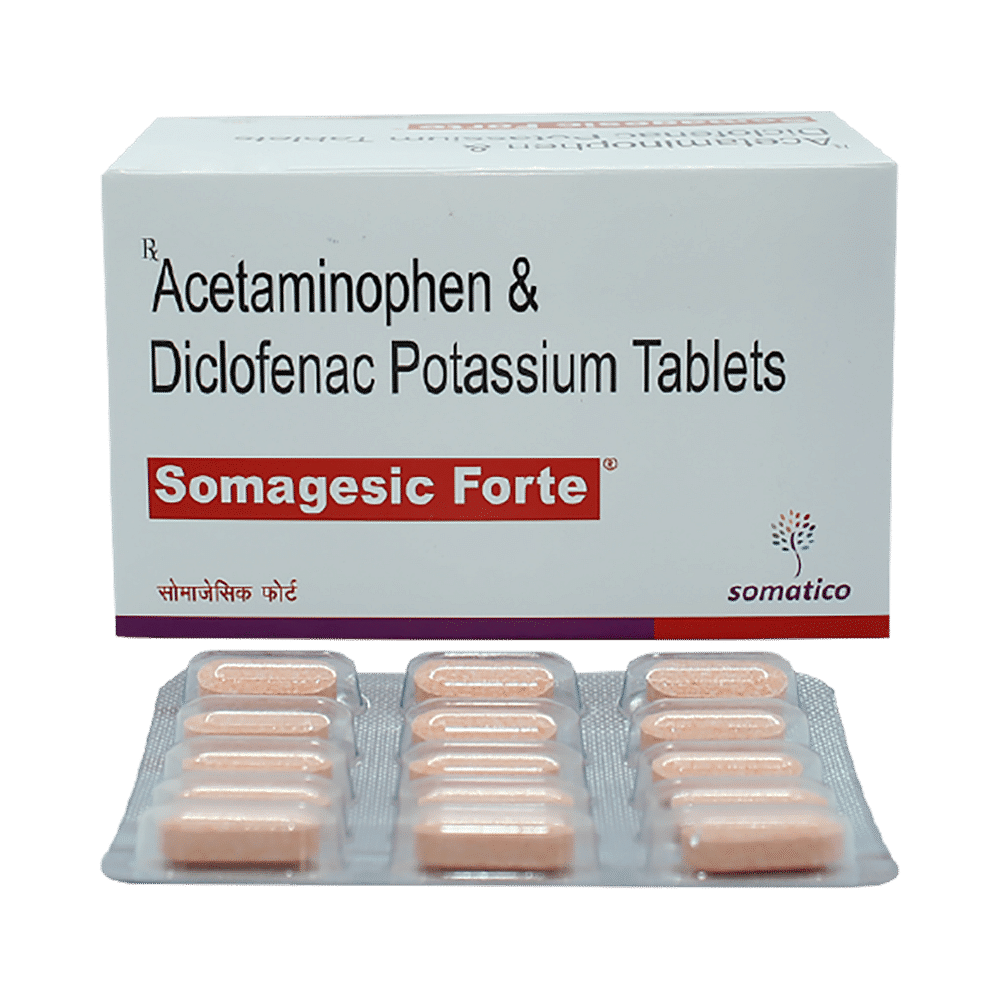
Somagesic Forte Tablet
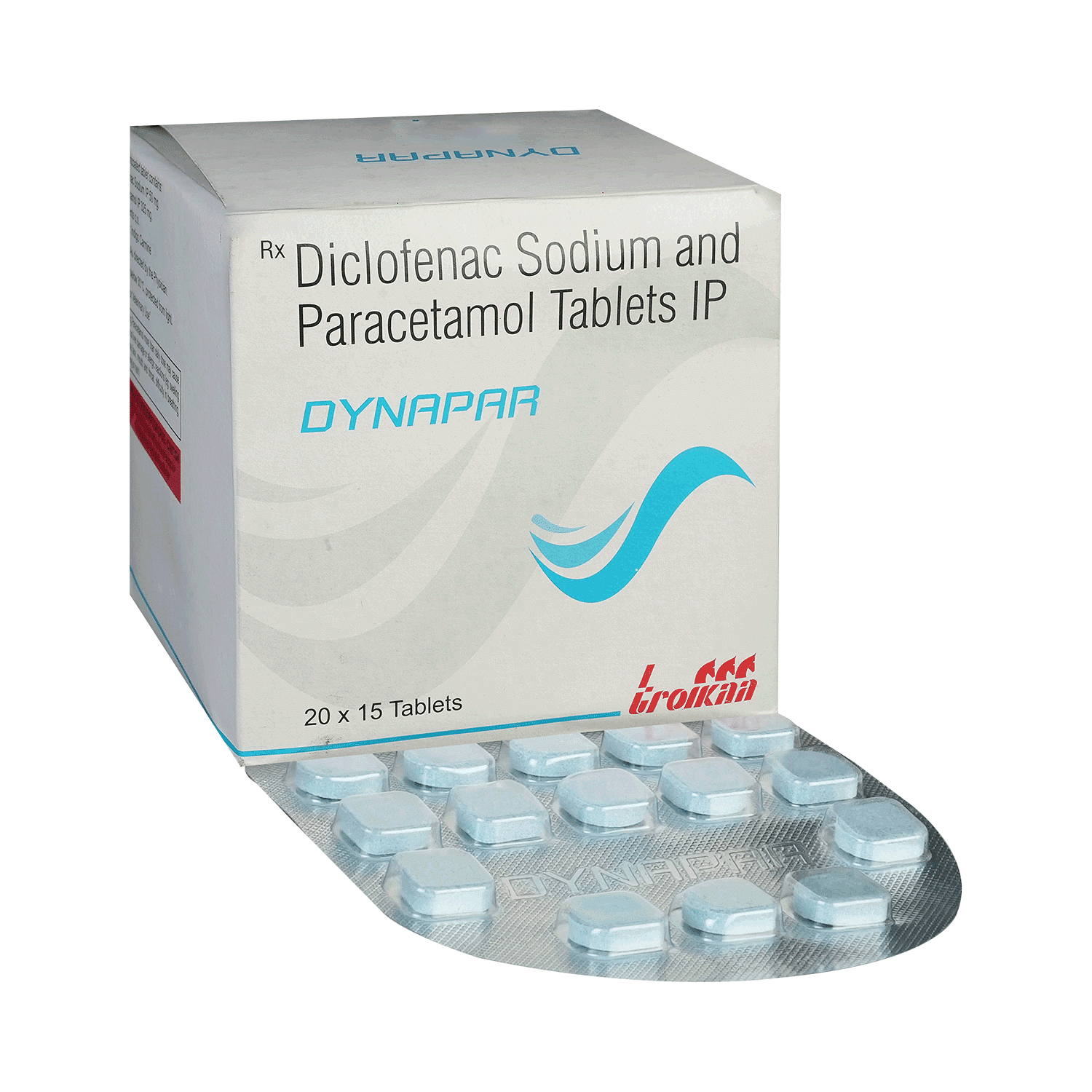
Dynapar Tablet
Frequently asked questions
What is O P D Tablet?
O P D Tablet is a combination medication that contains Diclofenac and Paracetamol. It is used to relieve pain and inflammation by reducing the levels of chemical substances in the body that cause pain and inflammation. Paracetamol has a rapid onset of action, providing quick relief from symptoms until Diclofenac takes effect.
Is it safe to use O P D Tablet?
Yes, O P D Tablet is generally safe for most patients. However, it may cause common side effects such as nausea, vomiting, stomach pain, heartburn, and diarrhea. Inform your doctor if you experience any persistent problems while taking this medication.
Can I stop taking O P D Tablet when my pain is relieved?
If you are using O P D Tablet for long-term pain relief, it is essential to continue taking it as directed by your physician. If you are using it for short-term pain relief, you can discontinue it once your pain is relieved.
Can the use of O P D Tablet cause nausea and vomiting?
Yes, O P D Tablet may cause nausea and vomiting. Taking it with milk, food, or antacids can help prevent nausea. Avoid consuming fatty or fried foods with this medication. If you experience vomiting, drink plenty of water or other fluids in small, frequent sips. If vomiting persists, consult your doctor and watch for signs of dehydration, such as dark-colored and strong-smelling urine, and a low frequency of urination. Do not take any other medication without consulting your doctor.
Can the use of O P D Tablet cause dizziness?
Yes, O P D Tablet may cause dizziness (feeling faint, weak, unsteady, or lightheaded) in some patients. If you experience dizziness, it is recommended to rest for a while and resume once you feel better.
Can the use of O P D Tablet cause damage to kidneys?
Yes, the long-term use of O P D Tablet can cause damage to the kidneys. Normal kidneys produce prostaglandins, which protect them from damage. The use of painkillers can lower prostaglandin levels, leading to kidney damage. Use of painkillers is not recommended in patients with underlying kidney disease.
Are there any specific contraindications associated with the use of O P D Tablet?
The use of O P D Tablet is contraindicated in patients with a known allergy to painkillers (NSAIDs) or any of the components or excipients of this medicine. It should be avoided in patients with a history of stomach ulcers, active or recurrent stomach ulcer/bleeding, heart failure, high blood pressure, liver disease, or kidney disease.
Can O P D Tablet be taken with Vitamin B-complex?
Yes, O P D Tablet can be taken with Vitamin B-complex preparations. While O P D Tablet helps relieve pain, Vitamin B-complex can help correct vitamin deficiencies that may be causing the underlying painful condition.
Is it safe to take a higher than the recommended dose of O P D Tablet?
No, taking a higher than the recommended dose of O P D Tablet can increase the risk of side effects such as nausea, vomiting, heartburn, indigestion, diarrhea, and can also damage your kidneys on long-term use. If you experience increased severity of pain or the pain is not relieved by the recommended doses, consult your doctor for re-evaluation.
What is the recommended storage condition for O P D Tablet?
Store O P D Tablet in its original container, tightly closed. Follow the storage instructions provided on the pack or label. Dispose of unused medication and ensure it is not consumed by pets, children, or other people.


